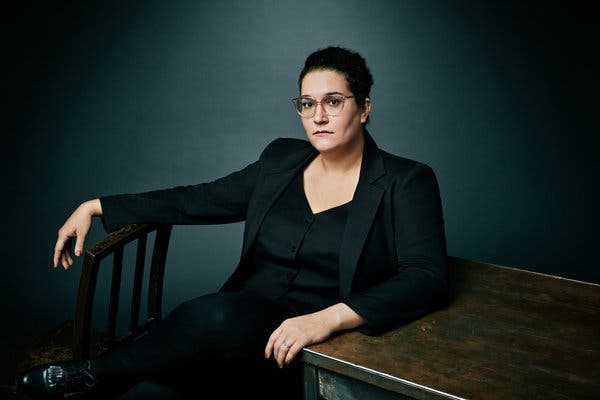
“If you’re in a community that is constantly being marginalized or threatened or oppressed, you want to [feel like], ‘We are perfect. Please let us live. Please let us have rights.’ But then people get away with really bad behavior because everyone is so desperate to keep a straight face and be respectable, and it creates these victims that are twice victimized. They’re already suffering from whatever the dominant culture is doing, and then they also have been hurt by somebody, and they have no recourse. They have no way of handling it.”
This is the twelfth episode of Story Behind the Story, a monthly interview series featuring conversations with authors about their creative process. In it, host Clara Sherley-Appel talks to writer and former Bay Area resident Carmen Maria Machado about her 2019 memoir, In the Dream House, where Machado describes the abuse she endured in her first relationship with another woman. Machado’s writing in In the Dream House, which spans genre conventions and styles, reflects the fracturing of memory that so often results from abuse and the non-linear way we process trauma.
In this episode, we touch on the complex narrative structure of her memoir, the silence around queer domestic violence, and what it’s like to explore themes of abuse in fiction versus non-fiction.
As a content note, the discussion includes descriptions of psychological abuse and intimate partner violence. Graywolf Press has created resources for queer survivors of domestic violence living in the Bay Area. You can find them here.











